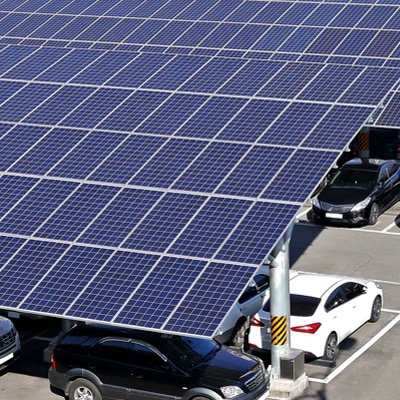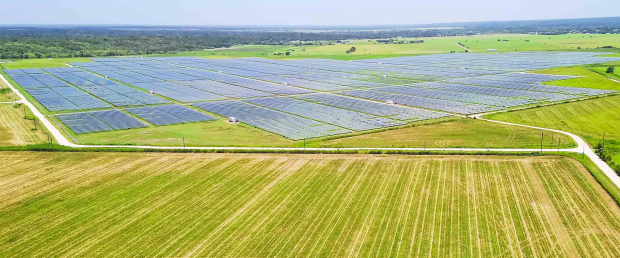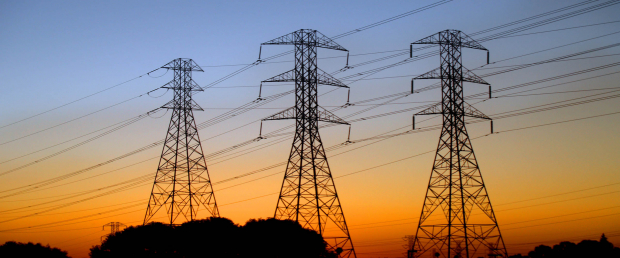

Community Choice Aggregation (CCA) for the City of Stockton, California
EBP and MRW & Associates have jointly conducted a community choice aggregation feasibility study for the City of Stockton, California. This is the team’s fourth such project in the past five years. Prior California CCA projects include the City of Long Beach, Alameda County, and Contra Costa County.
EBP and MRW & Associates have jointly conducted a community choice aggregation feasibility study for the City of Stockton, California. This is the team’s fourth such project in the past five years. Prior California CCA projects include the City of Long Beach, Alameda County, and Contra Costa County.
Stockton, a city of 50,000 with a very diverse population. Stockton is an inland port with a long-standing role transporting the Central Valley’s industrial and agricultural products to and from the wider world.
EBP focused its Stockton analysis on the proposed CCA’s economic impacts including direct customer savings from electric lower rates, jobs generated by the CCA’s operation including job and income impacts within the city and the immediate surrounding county from the overall increase in economic activity resulting from the CCA and increased competitiveness in a more attractive business climate.
The Stockton analysis went beyond considering the effects of cheaper electricity for residents and businesses. EBP examined expected impacts of increased renewable generation with energy storage to be built and operated within the county. EBP also estimated the impacts of supplementing existing CA incentives for reducing electric demand and total usage for small businesses and low income households Stockton, increasing business competitiveness and low income household energy affordability.
Community Choice Aggregation is the purchase of electric supply by one or more communities where the community becomes the retail energy supplier for residential and small commercial customers. Utilities continue to deliver electricity and maintain the electric infrastructure. A single utility billing and collection structure usually serves customers for both supply and delivery costs. Nine states currently have active CCA programs. California, Illinois, Massachusetts, and New York are among the most active states, but CCA growth in California is explosive. A 2020 UCLA study found that in just a few years, CCAs have grown from serving one percent of California electric customers to more than 30 percent. Further, CCAs are generating twice the renewable energy required in their communities by California’s Renewable Portfolio Standards, accelerating the state’s decarbonization path. EBP is proud to be a part this process.








